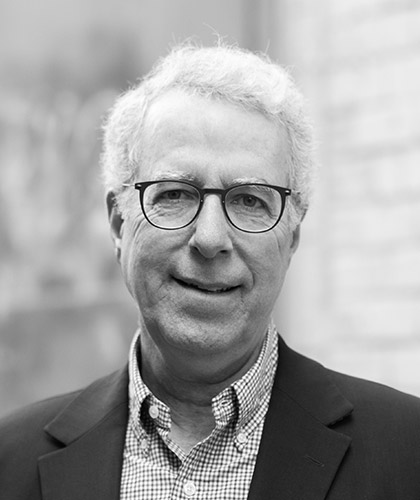On June 30, 2012, the federal government reduced the scope of the Interim Federal Health Program (IFH) that previously covered medical services and medications for all refugee claimants and resettled refugees.
Refugees in Canada have significant health needs, often stemming from pre-migratory trauma and hardship as well as precarity in the host country. This group also faces major barriers to accessing the health care and social services that they need. Any cuts to the IFH program are very concerning.
In order to inform decision-makers and, if needed, seek appropriate solutions, it is essential to examine the magnitude of the public-health consequences and costs associated with these cuts.
We are conducting a broad research study in five parts.
- Review of administrative, health and financial records (2008-2016) for all partially insured and uninsured refugees/claimants. We will compare these patients’ records to similar records of people covered by OHIP, to identify differences in health care use and costs.
- Telephone survey of medical walk-in clinics in GTA neighborhoods with large concentrations of refugees/claimants.
- Key informant interviews with health-care providers and staff in diverse institutions, professional associations, refugee organizations and health-advocacy groups.
- Two online Knowledge, Attitude and Practices (KAP) surveys with health-care providers: one survey in year one and another in year three.
- Focus-group interviews with health-care providers.
The results will help us understand the impacts of changes to the IFH program on accessibility and costs of health care for refugees, the challenges experienced by refugees when they seek to access health care following these changes, as well as the experience of health-care workers serving this population.
Our goal is to contribute to and guide policy and practice solutions that better meet refugees’ health needs.

